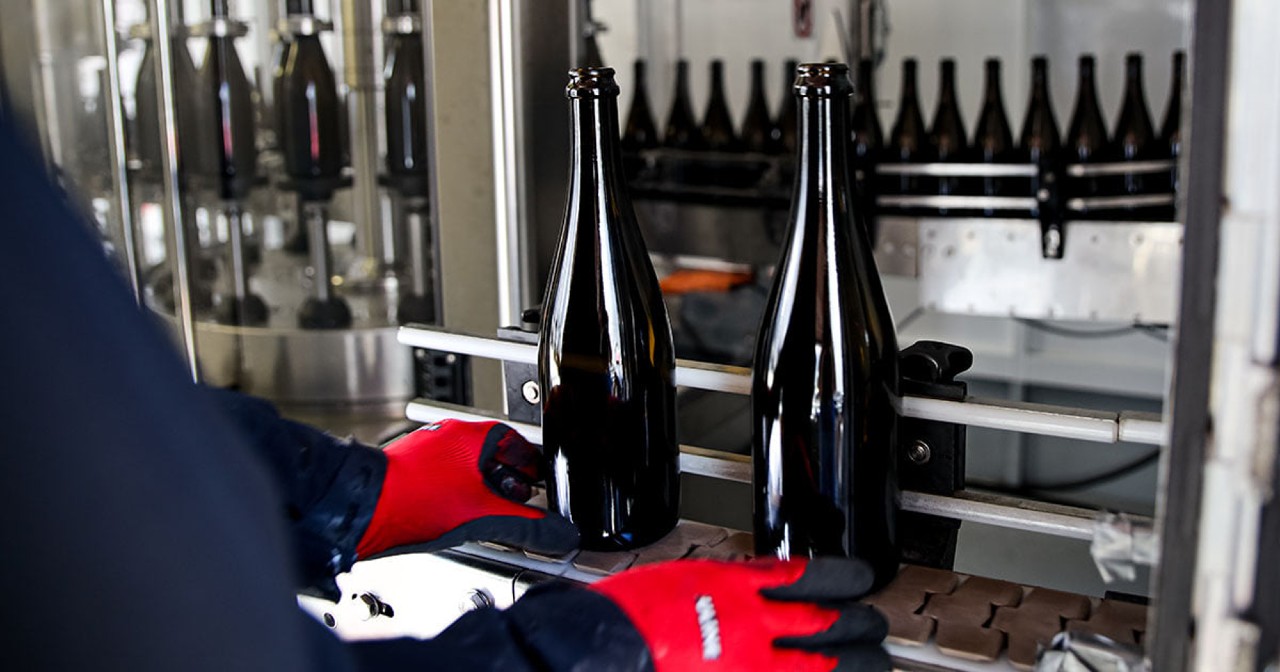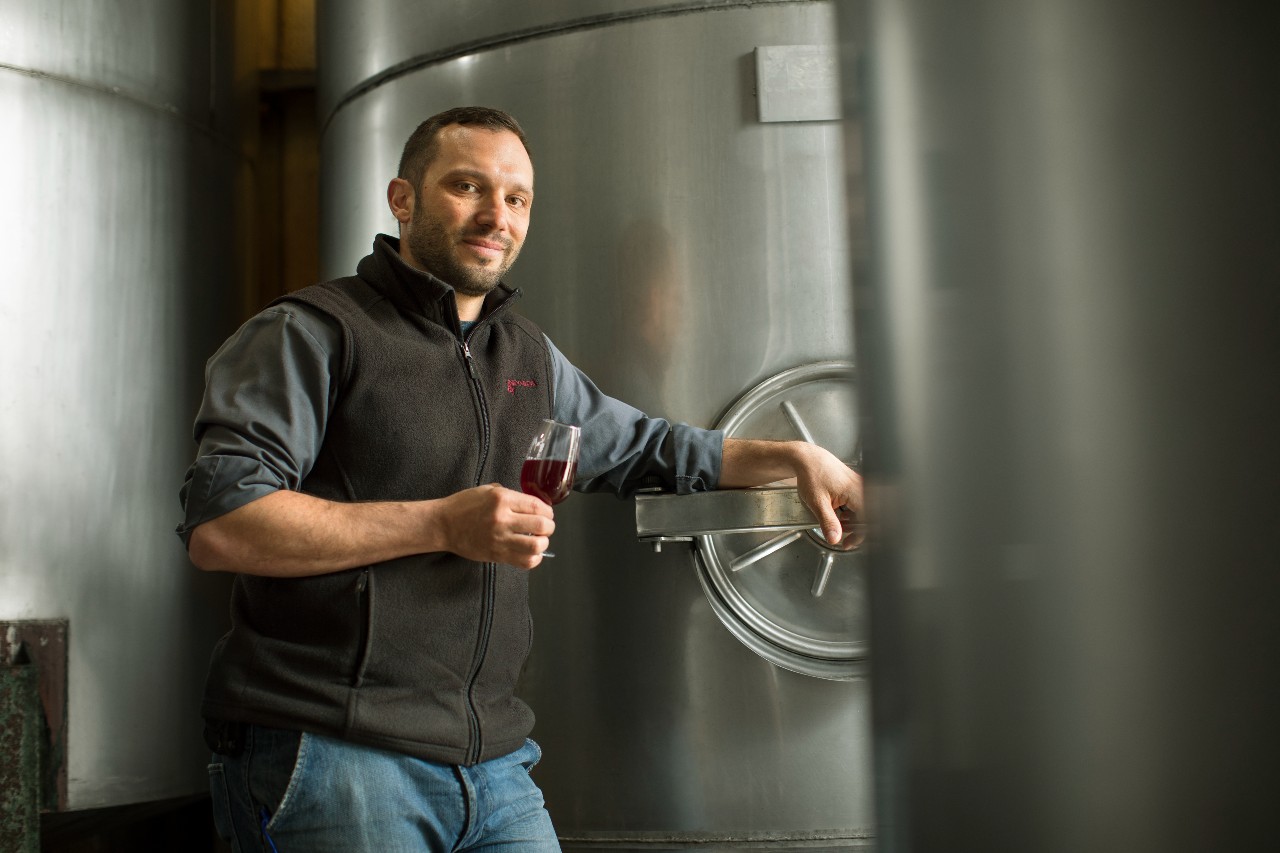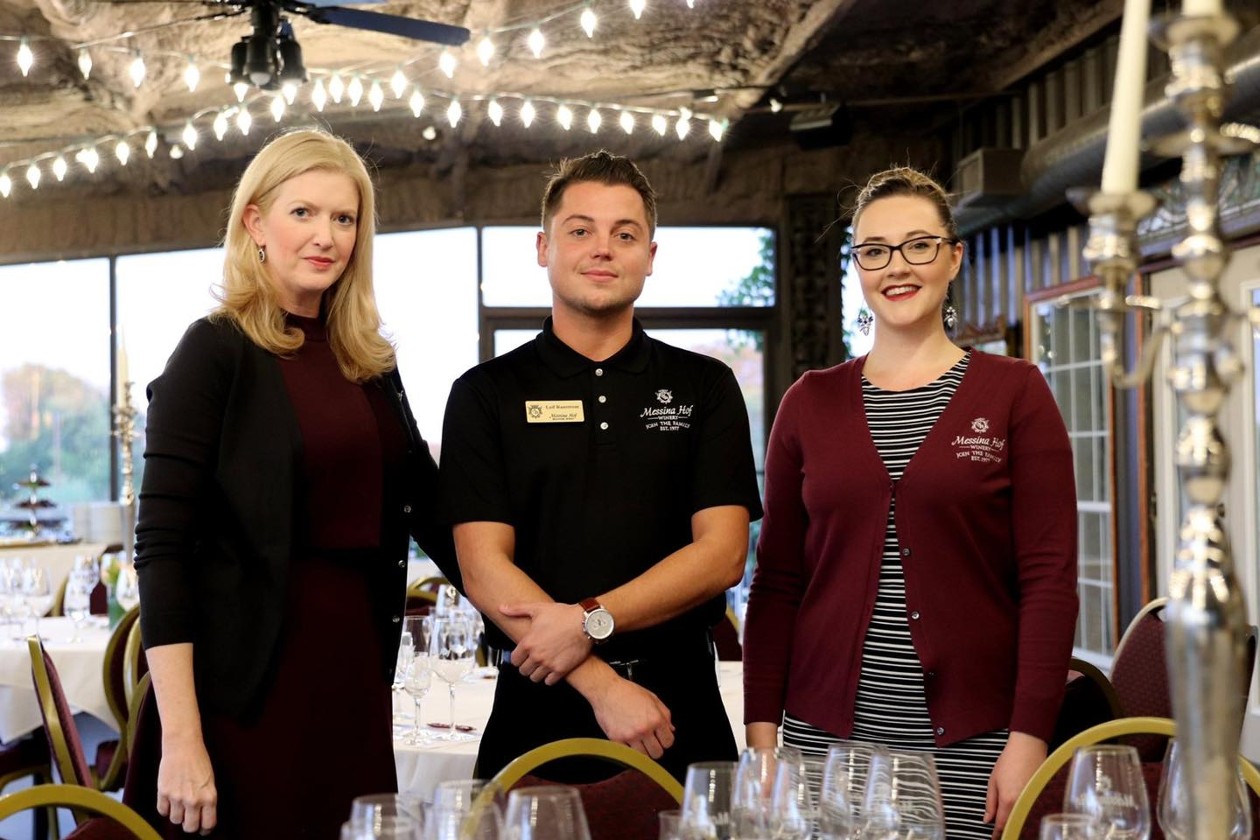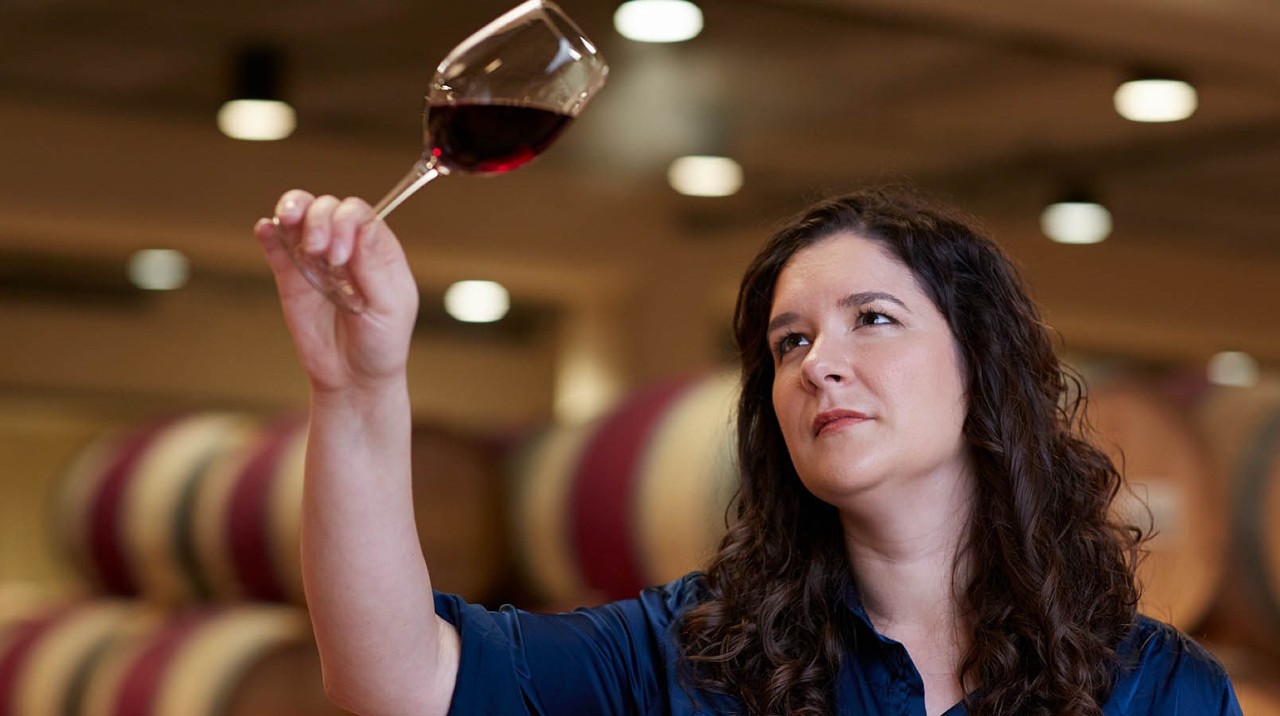The creation of celebrity-led and celebrity-endorsed beverage brands is becoming increasingly common in the wine business world, with A-listers like Cameron Diaz, Bethenny Frankel and Nicki Minaj releasing wines that quickly garnered media coverage, social media clicks and widespread retail distribution.
Aligning with someone with a big following can be a great way to kick things off quickly, said Roy Danis with Conecuh Brands in a DISCUS Academy panel discussion.
“If you don’t have a huge budget where you can advertise like crazy and make a lot of noise for your product, a celebrity with the power of social media can do a lot for your brand,” Danis said. “They can do a lot for making your brand known in a short amount of time and jump start the brand like you’ve never seen before.”
For it to work right for your situation, you and the celebrity have to be aligned on their involvement.
“It depends on what you want the celebrity to do,” said Jerry Dinallo, Chief Legal Officer for Lobos 1707. “When you look at Skinnygirl, Bethenny was someone who wanted to be very involved with that brand. Celebrities can play an important part in the role of a brand, but trajectory and growth of a brand can really be determined on how much gas the celebrity gives to the brand itself. They have tremendous power in this space.”
Danis said a new brand needed to take a different approach with celebrity endorsements and partnerships than an existing or mature brand would.
“New brands don’t have big budgets when they’re getting started,” Danis said. “They’ll want to keep a formula to keep the celebrity involved. If they have skin in the game, they will absolutely be more involved and engaged.”
He said having the celebrity be more of a partner or co-owner takes more of a commitment on the celebrity’s part, but it can also be more effective.
Doing so can require a bit of creativity for new companies.
“You might have to dilute some of the shareholder’s stakes to make room for the celebrity as a partner,” Danis said. “Maybe they buy in because they see the upside and the value.”
Attracting A-listers can be difficult, but there are other alternatives.
“You do have different levels of celebrity,” Dinallo said. “They may not be celebrities to you and me, but they are influencers with their fans in the Instagram universe. YouTubers and other people with great followings can be influential in this business.”
Brands take a long time to develop and grow and businesses have to make sure the celebrity’s expectations match their own, because some just get into it thinking they’ll make money quickly, Danis said. For it to work, they’re going to have to get up to speed.
“They’re entering into a heavily regulated business,” he said. “There will need to be training, one-on-one conversations about business, compliance issues, and talks about why the rules exist in the first place. They realize they don’t want to shoot themselves in the foot and have reputations they also want to protect. Get the celebrity that education and make sure they know the business they’ve decided to enter into if they don’t have that past.”
Celebrities aren’t always motivated by money, Dinallo said.
“Years ago, you had celebrities who thought it was a big deal to own a wine or a wine brand, and it was a status thing,” he said. “Some want to create something that matches their lifestyle. I’ve certainly encountered celebrities with brands that don’t make any money at all, and they just enjoy owning a wine brand.”
But first and foremost, prioritize making the product a good one.
“The liquid (inside the bottle itself) needs to stand on its own first, first and foremost,” Dinallo said.








Be the first to comment